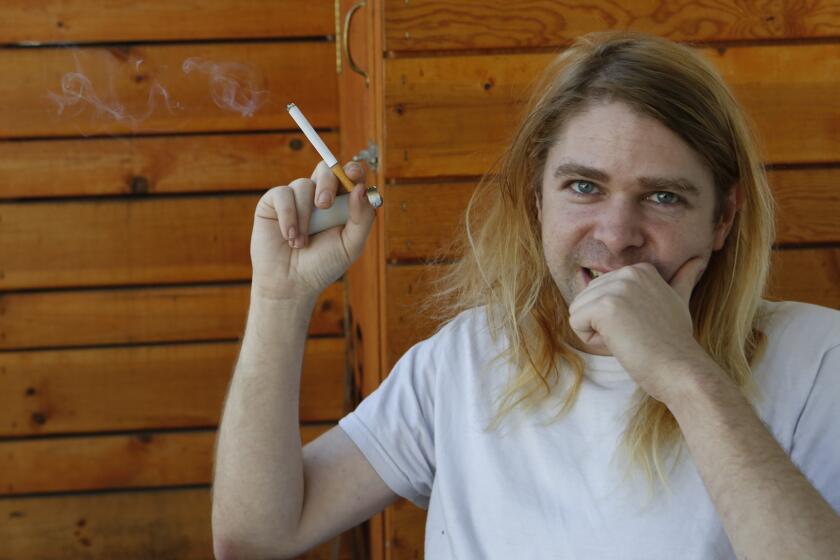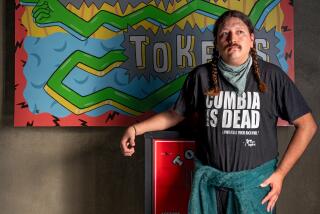Beloved L.A. jazz club Blue Whale shuts doors for good due to COVID-19
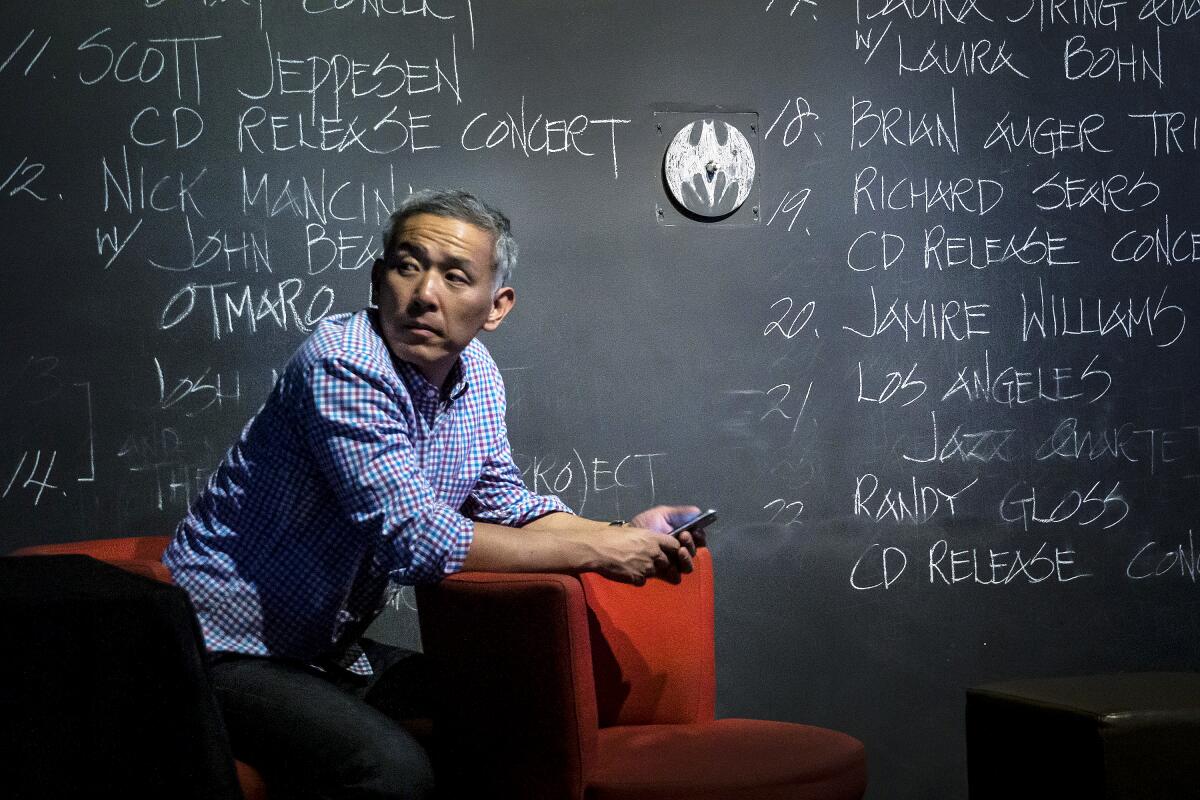
It did not take long for a booking at Little Tokyoâs Blue Whale to become a stamp of approval among music fans with an ear for improvisatory sounds. If you could get your name on the chalkboard marquee, it was a validation from the owner and booker Joon Lee that you were doing something interesting. Probably not commercial. Maybe a little hip. But definitely new and worth pursuing.
That approval was enough to keep the club as the centerpiece of L.A.âs imaginative and expanding jazz scene for more than a decade. But amid an evaporated source of revenue and unforgiving lease obligations during the COVID-19 pandemic, Blue Whale has permanently closed.
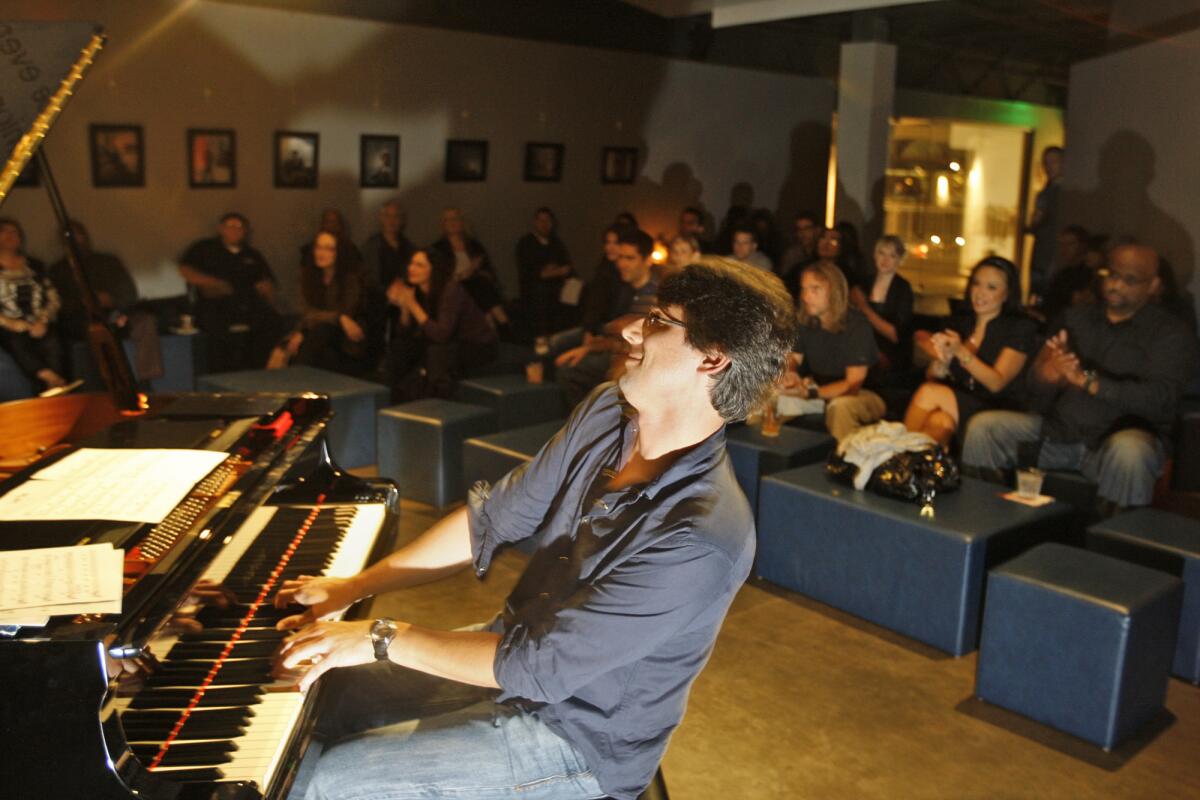
âWe used to have an annual fundraiser,â says Lee, 46, calling from Seoul where he has spent most of the pandemic caring for family. âEvery year we had a target, whether it was to upgrade the sound system or fix the womenâs toilet. When musicians offered to help me fundraise last year, it was hard to find the target. How much would we really need? And it felt like I would be getting money from people with uncertain futures. I wasnât comfortable with that.â
Lee watched as clubs tried their hand at streaming events to raise funds, but he calculated that even the biggest blowout concert was not going to be enough to pay a monthâs rent. His kitchen was small and not a viable option for keeping the lights on either. Leeâs lease ended in November, and he decided not to renew. âWe had our last gig on March 18. I kept trying to come up with solutions, but things kept getting worse and worse,â said Lee with resignation. âAnd itâs still getting worse.â
L.A. musician Ariel Pink says he âwent back to hotel and took a napâ after attending Wednesdayâs Trump rally on the White House lawn. âCase closed.â
Lee estimates he dealt with at least a dozen landlords in his 11 years of operation inside Little Tokyoâs Weller Court; each one possessed by a vision of profit and parking restrictions more absurd than the last. He informed his staff of less than a half-dozen workers before Thanksgiving and gathered for one last socially distanced hurrah. He waited to announce the closure until December after the venerable Jazz Standard in New York announced its closure earlier in the month. âOur scene is a small scene,â said Lee. âI didnât want to take away from the love for the Standard.â
After graduating college, a nomadic spirit moved Lee from South Korea to Manhattan in the mid-1990s. He immersed himself in live jazz while waiting tables in the West Village, and it was there that he discovered his own singing voice, a subtle and melancholic lilt. He moved to Los Angeles on a whim in his early 30s and stumbled upon the vacant Blue Whale property as the country was crawling out of the 2008 economic collapse.
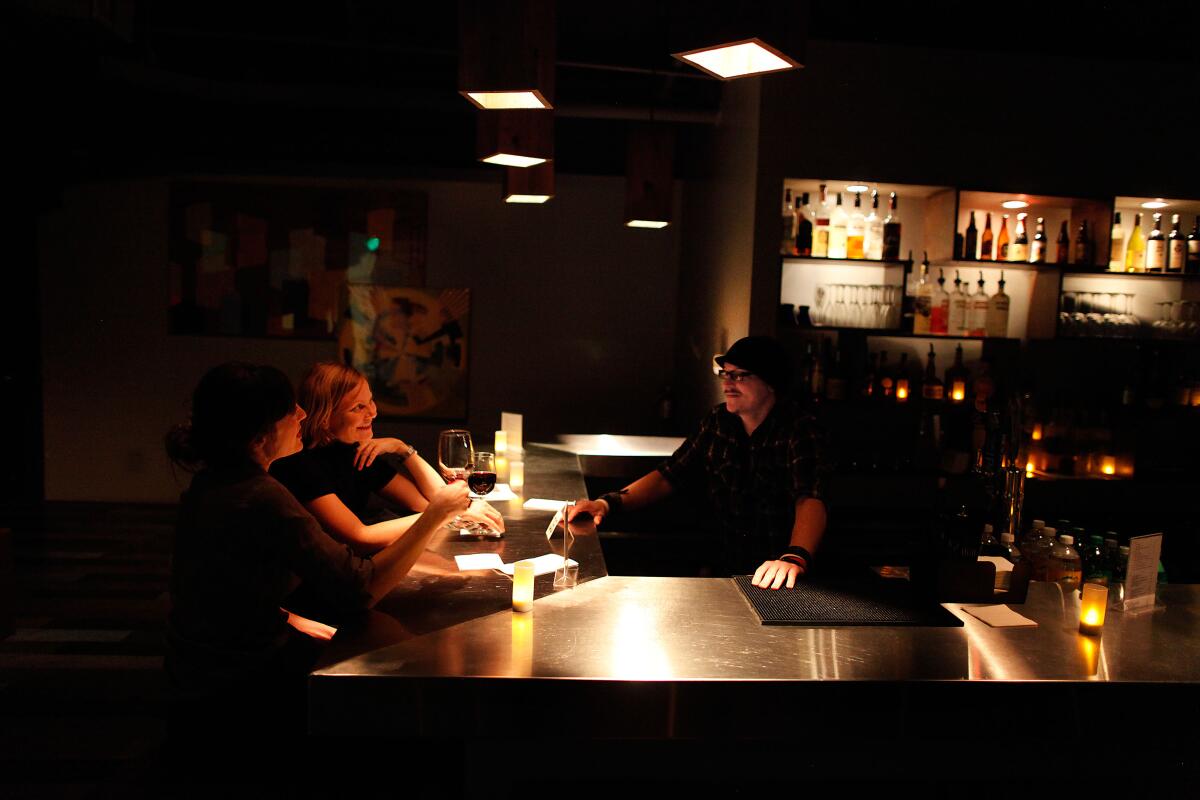
âLocation, location, locationâ is a mantra for savvy business owners but also for eccentrics who like to hide treasure in caves where no one would ever look. Lee was much more interested in gems than foot traffic, and his glass-enclosed nook overlooking a Marukai supermarket was a satisfying place to perch.
Blue Whaleâs third-floor, 100-person capacity room cinched at the center so that it was not possible to sit at the well-stocked bar and see the stage until a few years ago, when a TV monitor was installed to help maximize the space.
Though the stage was generally acknowledged as emanating from the back wall of the room, it was a fluid space. Adventurous composers like pianist Josh Nelson and violist Miguel Atwood-Ferguson continually redefined the line between the audience and the performers, encircling their large ensembles in the center of the room. Though the Blue Whale primarily hosted small-sized improvisatory groups, pianist John Beasley must have sneaked in his 17-piece Monkâestra and all their music stands on a night when the elevator was actually working. The labyrinthine journey around the mallâs disjointed staircases was a safer bet. Pity the drummer on load-in.
Blue leather cubes were set out in rows for listeners with no designated space for food and drink despite the tiny kitchen offering a reliable feast of small plates. A strong sense of balance was all that stood between customers and the sound of shattering glass during a bass solo.
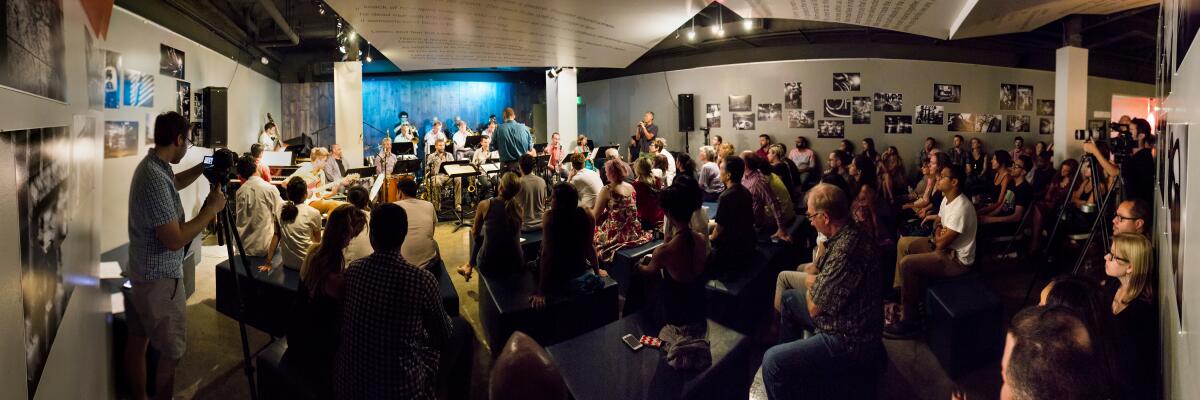
âWhat Joon was able to cultivate there in terms of how artist-forward it was, that doesnât exist anywhere else Iâve played on the planet,â says vocalist Sara Gazarek, whose rising star paralleled the influence of the club. âThere was safety and acceptance and willingness to try new things. Iâve never experienced that anywhere else, and the experience was similar for listeners too. Everyone there felt welcome and seen.â
While the trend of many local jazz clubs relied upon the marketability of TV actors-turned-cabaret-singers, Lee filled his calendar with adventurous artists that would go onto global acclaim; trumpeter Ambrose Akinmusire and saxophonists Walter Smith III and Kamasi Washington all played the room for a nominal cover charge.
âI am very thankful for everybody believing in me since the beginning and through to the end,â said Lee. âI realized all their support after I announced our closure. I was really inspired but also very humbled by it. I felt sorry too. I felt like I left everybody behind, but I couldnât do anything about it by the time I decided to close.â
Morgan Wallen made news in 2020 for breaking streaming records and for getting uninvited to âSNLâ for maskless partying. His new double album is âDangerous.â
The volume of the bands grew louder as the weekend approached. Saxophonist Jon Armstrong might join Lee for a Tuesday night buoyed only by the light touch of pianist Gary Fukushima. The crowds who found their way upstairs attentively absorbed every note.
Typically, drums and amplification would crescendo by the start of the weekend when artists like the Ethio-Cali ensemble or Mark de Clive-Lowe could get sharp-looking couples dancing in any space they could find between the cubes.
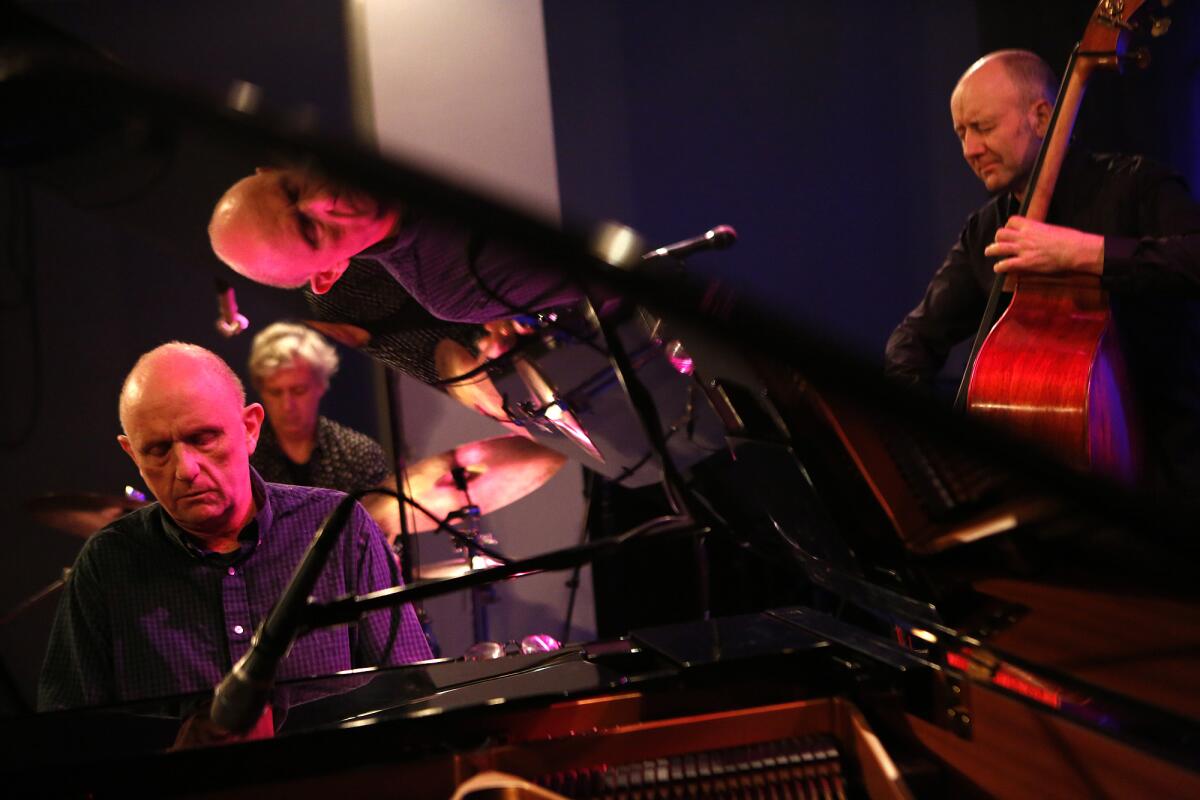
âBlue Whale was a place where people could develop,â recalls pianist Billy Childs, a Los Angeles veteran who has seen more clubs close in his nearly 50-year career than he can count. âI saw students go in there as students and leave professional musicians. It was a place that transformed you. We need that. Every artistic community needs that.â
The spirit of Black American music relies upon the direct transference of knowledge. Each subsequent generation is there to learn and challenge what has come before. So it was not surprising to see masters like bass clarinetist Bennie Maupin or drummer Tootie Heath locked in step with band members 50 years younger than them. The Herbie Hancock Jazz Institute, one of the most highly regarded college-age jazz programs in the world, hosted a monthly jam session that featured bright young talent barely old enough to drink.
Blue Whale was also a room that nurtured exceedingly talented homegrown artists who struggled beyond the bandstand. Within hours of a 2012 performance with vocalist Natasha Agrama, 22-year-old pianist Austin Peralta died suddenly from double pneumonia. He was as coy and dexterous as ever that night. Two years later, at the clubâs Peralta memorial concert, 36-year-old saxophonist Zane Musa unleashed an impassioned wail that embodied the grief for all of those onstage. Less than three months later, Musa was gone too.
âI felt comfortable being in that room, sharing that much of my soul not knowing how it would be received,â says Gazarek. âI had the confidence because of the space that Joon created.â
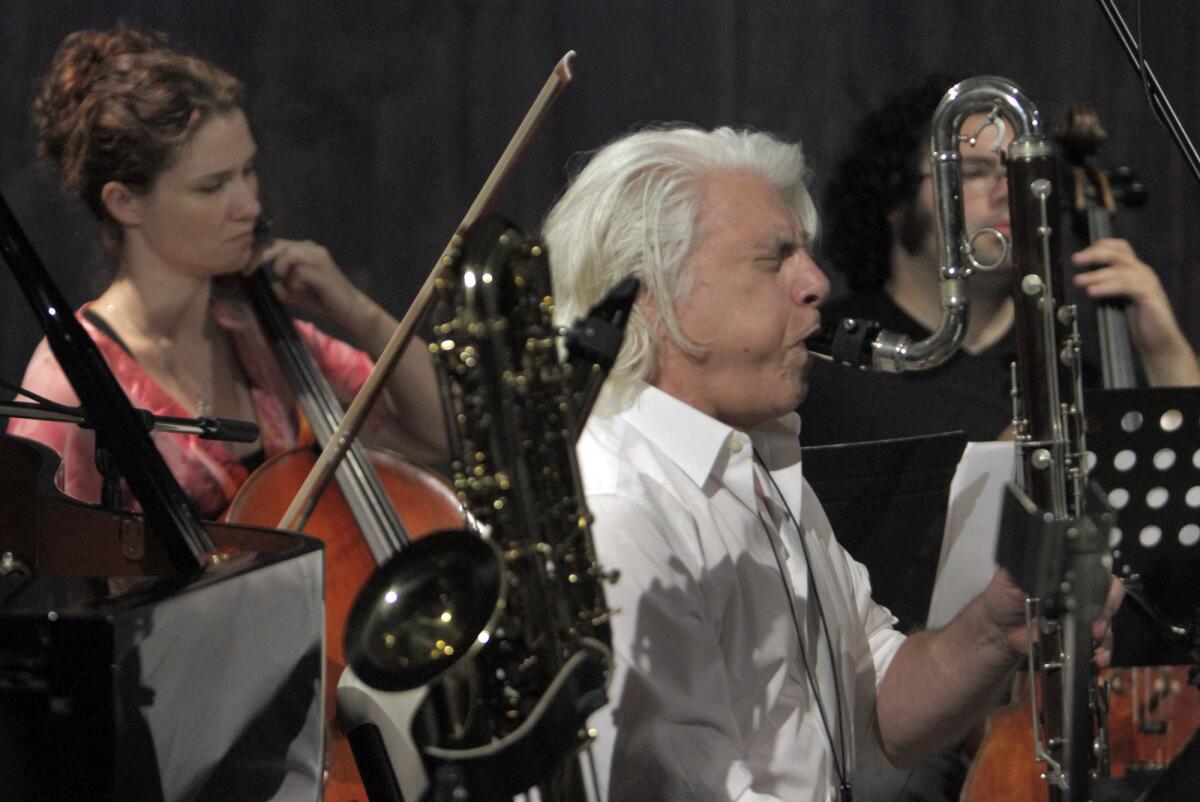
Los Angelesâs oldest jazz club, Don Randiâs the Baked Potato in North Hollywood, celebrated 50 years in business last year with an empty calendar and no streaming presence. Sam First, near LAX, and the World Stage in Leimert Park will hopefully carry the torch for the more progressive artists in town, but nights of sold-out crowds are still a long way off. Ambitious plans for the Jazz Bakeryâs permanent home in Culver City are hinging on the generosity of a yet-be-determined benefactor.
No matter what arises from Blue Whaleâs absence, it will be hard to build a club that could be counted on without even checking its calendar. Nearly every night of the week at 9:30 p.m., somebody would go on that Lee approved of. And that was enough.
âThe whole community found out what we can do,â Lee says.
Back in South Korea and focused on helping his parents through the pandemic, Lee is unsure of what his role will be once nightlife resumes normalcy, but he is sure of one thing: âWe discovered beautiful things together, and no matter what happens weâre going to be all right.â
More to Read
The biggest entertainment stories
Get our big stories about Hollywood, film, television, music, arts, culture and more right in your inbox as soon as they publish.
You may occasionally receive promotional content from the Los Angeles Times.
